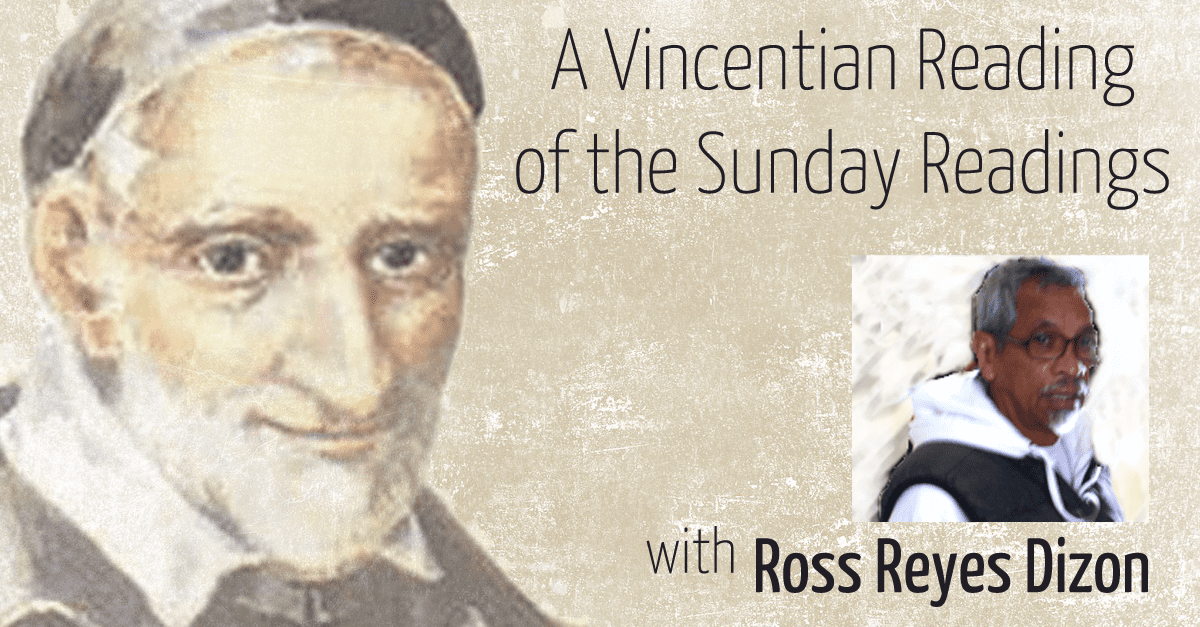Prayers and Changes for Good
Christ is always before the Father in prayer. And it is while he prays that the appearance of his face changes and his clothing turns dazzling white. Prayers make for good changes.
In a forum in which exchange of ideas took place, a comment spoke of prayers as expressions of trust in God. It quoted: “I will lie down in peace and sleep comes at once. For you alone, Lord, make me safe” (Ps 4, 9).
And a reply commended the one who trusted God for his good feelings. But the replier turned snarly and added that the quoted prayer and other such prayers were no more than good feelings.
The one who belittled simple faith as naivete was a Scripture scholar. But the belittling was not due to the studies. For there are those scholars whose faith grows stronger the more they study the bible. The problem is that we let what we get to know go to our heads (1 Cor 8, 1; see also CRCM XII:8).
And the teaching that God hides things from the wise that he makes known to the childlike has to do with such self-conceit. Pride, yes, makes for the scoffing of things religious, of prayers, of course. For all these things get tagged as old fashioned and superstitious.
Prayers bring good changes.
Lord Tennyson was wise. But it did not look like he was one of the haughty wise. In fact, he wrote, “More things are wrought by prayer than this world dreams of.” He was not like the snarly replier; the poet saw power in prayers.
So, we get a prod since we lose heart. For as much as we pray for peace in Ukraine, for instance, the war goes on. And that is why we wonder if the Lord truly crushes wars (Jdt 16, 2). Or we may be tempted to say that the Lord does not see and pays no heed (Ps 94, 7).
But Tennyson’s poem that prods us is not enough. In the end, we have to gaze on Jesus if we are not to give up prayers.
In the middle of his work to make life better for the poor, he stays a “man of the greatest prayer” (SV.EN IX:326). Yes, he is always before the Father in prayer (TWVDP 32).
Hence, if we doubt that prayers work, we will look, long and with love, at the Transfigured in prayer. We will also listen to the talk about his exodus. And we will do what the voice from the cloud says.
If we carry this out, if we pray so, prayer will become “true knowledge” (John Chrysostom). We will, in prayer, catch a glimpse of Jesus’ hidden identity. And we will learn what transfiguration means. That is to say, the way that leads us to change for the better goes from slavery to freedom. From death to life.
The Master, the Teacher, sets us an example, so that as he gives his body up and sheds his blood, so we may do also. Only so can our clay selves change for the better.
Lord Jesus, make our faith like Abraham’s. Grant that we listen to you, and work with you for a better world. Do not let us forget that only through your prayers, with loud cries and tears, that we can change for the better.
13 March 2022
Second Sunday of Lent (C)
Gen 15, 5-12. 17-18; Phil 3, 17 – 4, 1; Lk 9, 28b-36







0 Comments